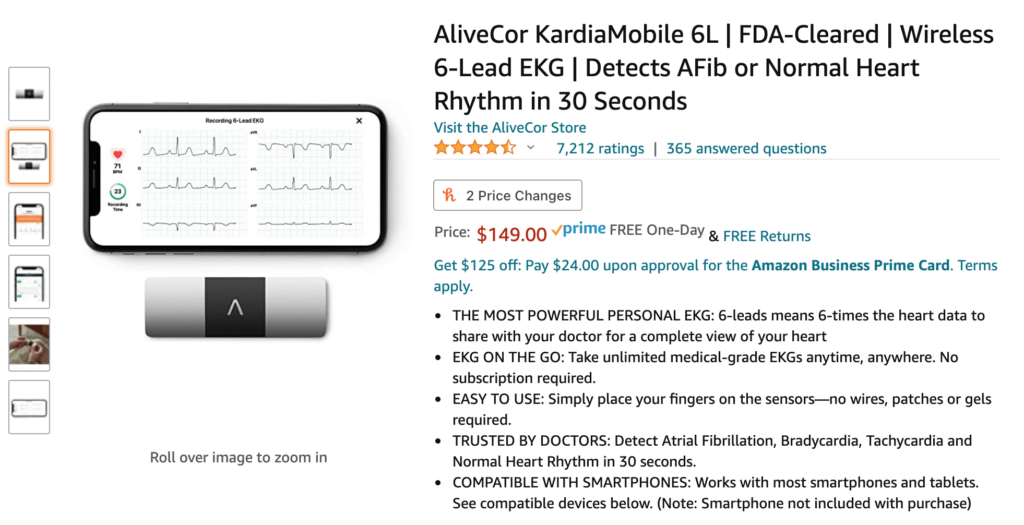What are ventricular premature beats? — Ventricular premature beats (called “VPBs” here) are extra beats that happen before a normal heartbeat. The heart is divided into 4 sections, called “chambers.” VPBs start in 1 of the 2 lower chambers, called the “ventricles.”
VPBs are caused by a problem with the heart’s electrical system, in which the ventricles send abnormal electrical signals. These signals cause the extra beats.
VPBs are common. They can happen in healthy people. They can also happen in people who have different types of heart disease. VPBs are very common after a heart attack.
What are the symptoms of VPBs? — Most people with VPBs do not have any symptoms. A doctor or nurse might find VPBs when they listen to your heart during an exam. Or doctors might find VPBs if they do a heart test called an “electrocardiogram,” also called an ECG.
If you do have symptoms, they can include:
●Feeling like the heart is beating hard, beating fast, or seems to skip a beat – These heartbeat changes are called “palpitations.”
●Feeling dizzy or lightheaded
●A pounding feeling in the neck
You might be more likely to notice VPBs when you lie quietly in bed at night or lie on your left side.
Should I see a doctor or nurse? — If your heart often seems to beat fast or hard, or skip beats, talk to your doctor or nurse. VPBs are common, but you might have another condition that is causing the symptoms. VPBs can also be a sign of a more serious heart condition.
Is there a test for VPBs? — Yes. The doctor or nurse will do an exam and learn about your symptoms. They can also do the following tests:
●An electrocardiogram – This test, also called an “ECG,” measures the electrical activity in your heart.
●A Holter monitor – This is a small, portable machine you wear that records all your heart’s electrical activity over 1 or 2 days.
If you have VPBs often or the doctor thinks you could have a specific heart condition, they can order other tests.
How are VPBs treated? — Treatment depends on what is causing the VPBs and whether they cause symptoms. If you do not have symptoms, you might not need any treatment. If the VPBs are caused by another heart condition, doctors will treat that condition.
Possible treatments include:
●Medicines to control the speed or rhythm of your heartbeat
●A procedure called “ablation” – During this procedure, the doctor uses heat (called “radiofrequency ablation”) or cold (called “cryoablation”) to destroy the small part of the heart that is sending the abnormal electrical signals. You might have this treatment if medicines do not control VPBs.
